On this page you will find information about the techniques and practical topics that you are interested in knowing before your first visit.
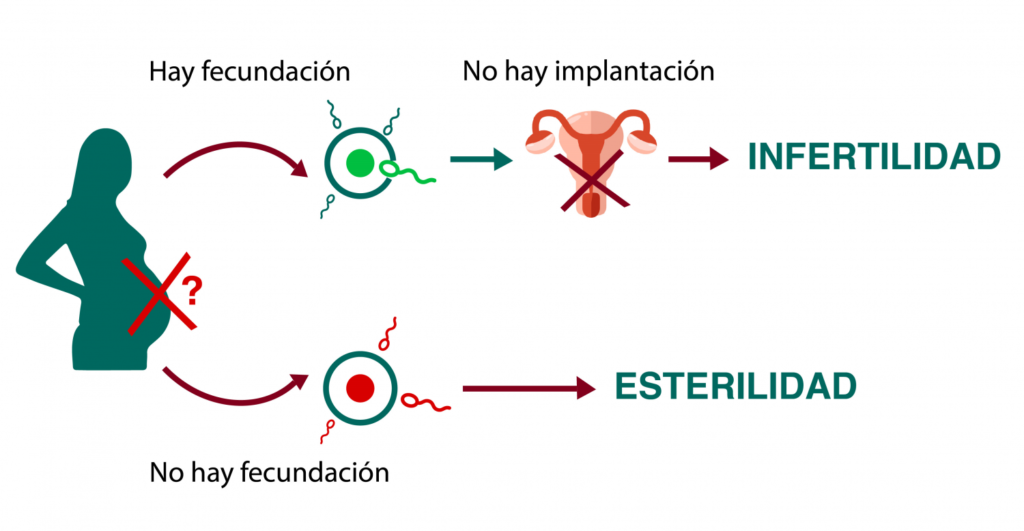
Erroneously, colloquially, the terms infertility and sterility are sometimes used as synonyms, but they are different concepts. Sterility is the inability to conceive a baby, that is, to fertilize. On the other hand, infertility is the inability to conceive a pregnancy until the moment of giving birth, as may be the case with repeat abortions. When a couple does not achieve a pregnancy after a year of unprotected intercourse, the man or woman could have fertility problems.
Assisted Reproduction can be carried out through different techniques; The choice of the most appropriate one will be determined based on the problems and case of each couple.
Artificial Insemination is a basic Assisted Reproduction technique that involves monitoring the ovulatory cycle and then introducing a sperm sample into the woman’s uterus. This sample is previously prepared in the laboratory to optimise its quality. +info
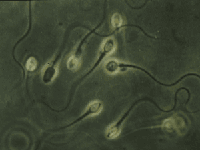
In Vitro Fertilisation (IVF) is one of the most commonly used techniques in Assisted Reproduction. It consists of fertilizing the patient’s oocytes in the laboratory with the sperm of the partner (or a sperm donor) and, subsequently, transfer the resulting embryo or embryos to the patient’s uterus. +info
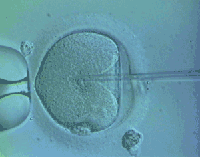
The ROPA method, also known as Shared Motherhood (“ROPA” is short for “Partner Oocyte Reception”), has become an increasingly popular choice among lesbians. +info

Embryo adoption (or donation) is an Assisted Reproduction technique that consists of transferring to a woman embryos that carry genetic load from another couple and that have been left without an assigned destination after having completed an IVF cycle. +info
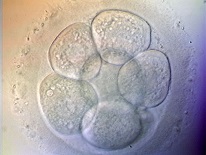
More and more women are postponing motherhood, whether for personal or professional reasons. If you are a woman and you are in your most fertile stage, you can freeze your eggs so you can use them in the future. Now you have more time to be able to become a mother. +info

When it is time to give the sample for in vitro fertilization, the man is generally nervous, hyper-sensitized by the responsibility of doing it well. The quantity of semen (volume of ejaculate), its quality and the level of orgasm depend on the degree of excitement previously achieved sexual Once the sample is obtained, our biologists choose the best sperm for fertilization.

We have our own egg bank and our own Premium sperm bank with all phenotypes. The doctor chooses the best donor for each patient.

After the embryo transfer, rest is not necessary, nor in the following days. Although it may surprise you, it is like that, and you have to avoid self-generating stress by thinking about the rest you would like to take.
Assisted Reproduction can be carried out through different techniques; The choice of the most appropriate one will be determined based on the problems and case of each couple.
More and more patients come to our center to adopt embryos. This increase allowed us to reach birth number 2,000.
They live in tanks with compartments in which the brothers are placed together, in plastic cups.
Pregnancy rates per transfer have been the same with fresh transferred embryos as with frozen ones.
Despite having a law that allows all destination options, only 13.3% of people decide their destination.
Increase your chances of pregnancy even more with the most appropriate complementary techniques for your treatment. Your doctor will advise you on the ones that interest you the most according to your diagnosis.
It has been proven that a good level of arousal influences semen quality. For this reason we have incorporated different stimulation methods. +info
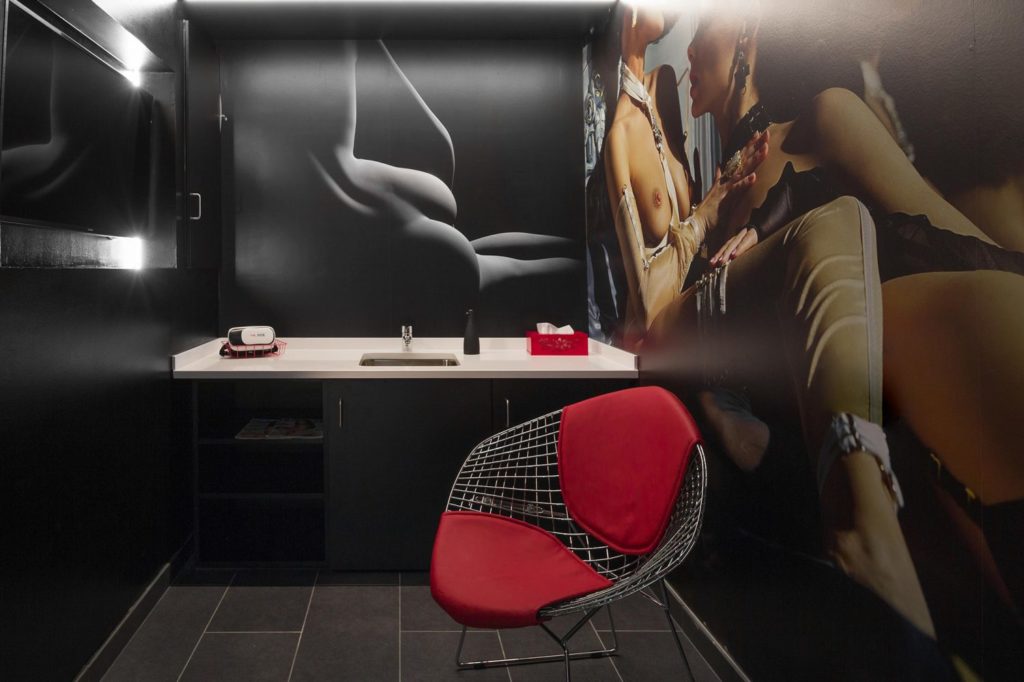
It is an incubator that maintains in vitro the physiological conditions required by the In Vitro embryo with a special peculiarity: It incorporates a camera that continuously captures images of embryonic development. It’s like embryonic Big Brother.
+info
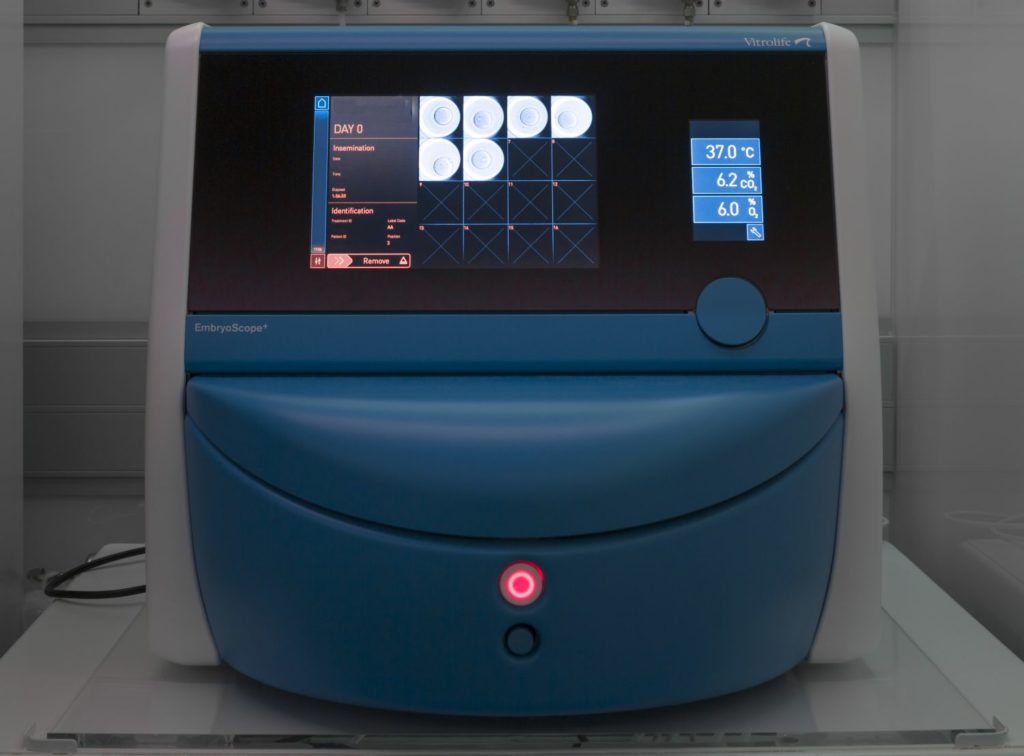
It is a totally innovative application from Institut Marquès that allows patients to see, through their mobile phone, the evolution of their embryos in the embryoscope, in real time and 24 hours a day.
+info
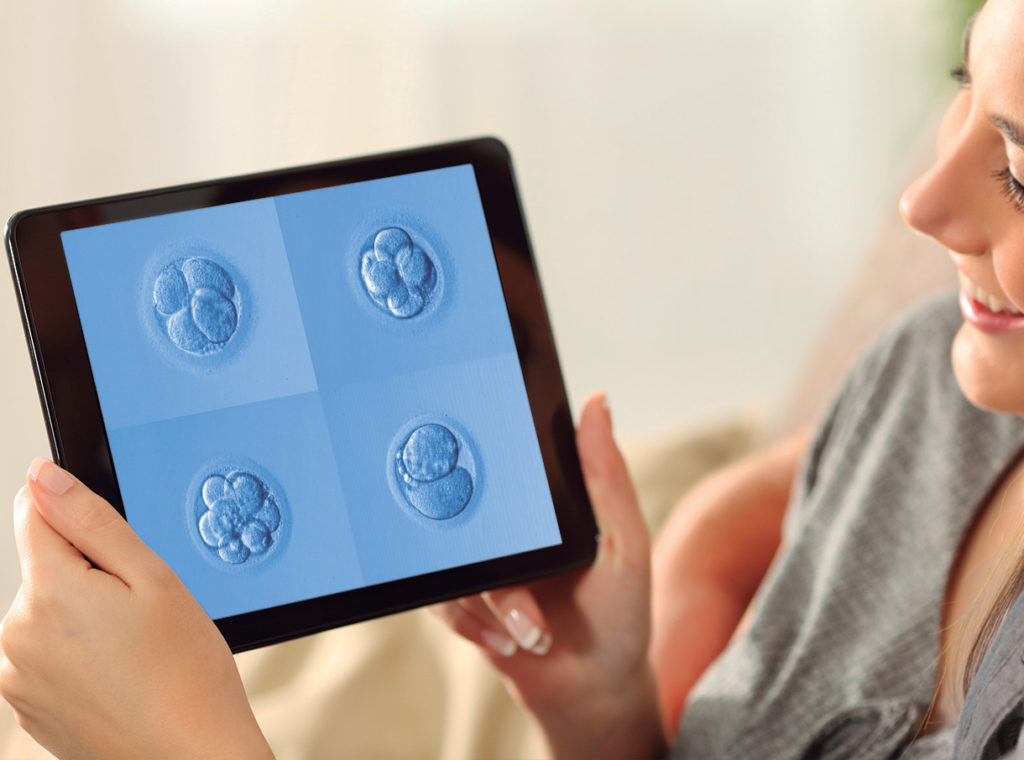
It allows us to choose chromosomally normal embryos and, thus, we increase the chances of pregnancy in the transfer. +info
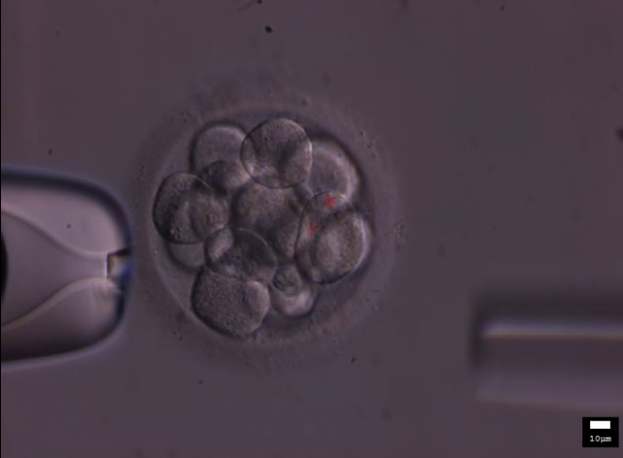
Our IVF lab is like a giant uterus. We replicate the same conditions found in the womb to promote embryonic development: the same temperature, the same light and an absolutely sterile atmosphere. The embryos “feel at home.”
Since we discovered that musical vibrations improve the fertilization rate, we have incorporated them as a system into all our incubators. At Institut Marquès we have made the embryos dance!
Under natural conditions, oocytes and embryos travel through the fallopian tubes towards the uterus under conditions of continuous peristaltic movements that serve to transport them, but also to surround them with the nutrients they need and to keep them away from their waste metabolites.
These cellular movements facilitate the exchange of substances, but in the laboratory they remain static in the culture media and as a consequence, the toxic products they release – free radicals or ammonium – are stored in the culture medium itself.
Micro vibrations stir the culture media in which the oocyte swims, produce a more homogeneous distribution of the nutrients it needs and disperse toxic products, preventing them from accumulating.
Music is also present in all Institut Marquès laboratories, including live concerts. Artists from all over the world such as the singer Sharon Corr, Álex Ubago or Antonio Orozco have performed for the embryos of these centers.
Discover our success rates here
Currently there are complementary techniques that can increase the pregnancy percentage in a treatment ..
At this time, scientists have developed genetic tests that allow us to know what hereditary diseases we are carriers of.
The risk of contracting almost all diseases is given by genetic predisposition and also by the environment and it is very interesting how this proportion varies according to each disease.
According to a study on the price of having a child through assisted reproduction, Institut Marquès is the best positioned.
Rellena el formulario y nos pondremos en contacto contigo para organizar una visita con un especialista en Reproducción Asistida.
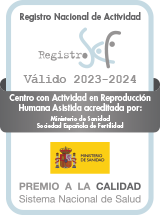

Institut Marquès, clínica LGTBI Friendly